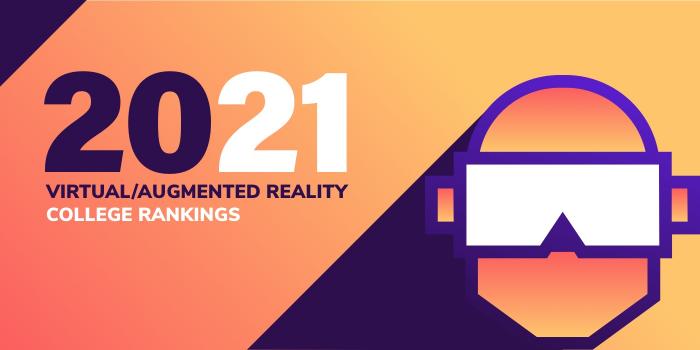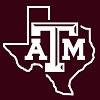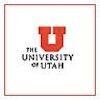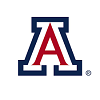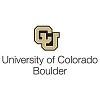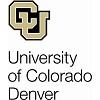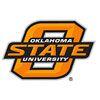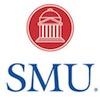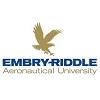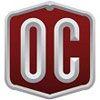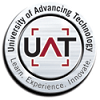University of Colorado Denver (CU Denver) is one of the four campuses that make up the University of Colorado System. The school began as an extension of the University of Colorado Boulder (CU Boulder) in 1912. CU Denver has operated independently since 1973 and currently serves more than 15,000 students. The University is organized into eight schools and colleges that offer 112 different academic degrees and hundreds of certificate and specialty programs.
The College of Engineering, Design, and Computing offers BA, BS, and MS degrees in Computer Science (CS). An 18 credit hour Minor in CS, covering the fundamentals of computer science and programming, is also available. All programs prepare students for creative work in the field. Highlights include opportunities to collaborate on innovative projects, internship opportunities, and the chance to partner with faculty and graduate students on research.
The BA (BA CS+) is a 120 credit hour program that allows students to combine the CS degree with a specialization in other academic disciplines. CS + Education, Healthcare, Human Centered Design and Innovation, Digital Design, or Computer Engineering are just a few examples. Students in the program will take 24 credit hours in the CU Denver core, 43 in CS, seven in mathematics, eight in natural or physical science, and 38 free electives (specialization area). Course highlights include Algorithms, Computing Lab, Object Oriented Programming, Data Structures and Programming Design, and Discrete Structures.
The 128 credit hour BS in CS requires 24 credit hours in the CU Denver core, 22 in mathematics and science, three in engineering, 46 in CS and CS systems, 21 CS breadth courses, and 12 CS technical electives. Courses cover topics such as computer graphics and game design, machine learning and data science, programming, software engineering, systems, scientific computing, secure computing, theory, and cyber physical systems.
The MS in CS is an interdisciplinary program that provides opportunities in “state-of-the-art research and professional development,” says the school. Thirty credit hours are required to complete the program Students may choose the Master’s Thesis (Plan I), Master’s Project (Plan II) or the Course Only (Plan III). Students may also choose an Emphasis Area. Examples include Algorithms, Artificial Intelligence (AI), Computer Graphics, High Performance Computing, Simulation, and Software Engineering.
Students in all CU Denver CS Programs have access to the Computer Graphics and VR Lab (CGVR), which focuses on “the development of interactive computer graphics, physical simulation, and scientific visualization techniques.” Researchers, faculty, and students in the interdisciplinary CGVR Lab explore topics such as animation, physical modeling, AR/VR, and “dynamic interaction with virtual environments for medical and bioinformatics applications.”
“Additional focused research topics include physical material property analysis (materials science), deformable object simulation, 3D object reconstruction, mobile graphics solutions, GPGPU, scientific visualization, motion capture, and game design.”
Current research in the CGVR Lab falls under four categories: AR/VR, Physical Simulation, Medical Applications, and 4D Scanning & Printing. Examples of recent AR/VR projects include Video See-Through Augmented Reality with Passive Haptics for Vision Therapy, Neurocognitive Assessment in Virtual Reality Through Behavioral Response Analysis, HoloNav: An Indoor Navigation HoloLens App, VRInsole: An Unobtrusive and Immersive Mobility Training System for Stroke Rehabilitation, VR Collaborative Conceptual Design, and SwimVR: Improving Swimming Techniques and Endurance.
Graduates of the CS Programs at CU Denver enjoy a 100% employment rate.


